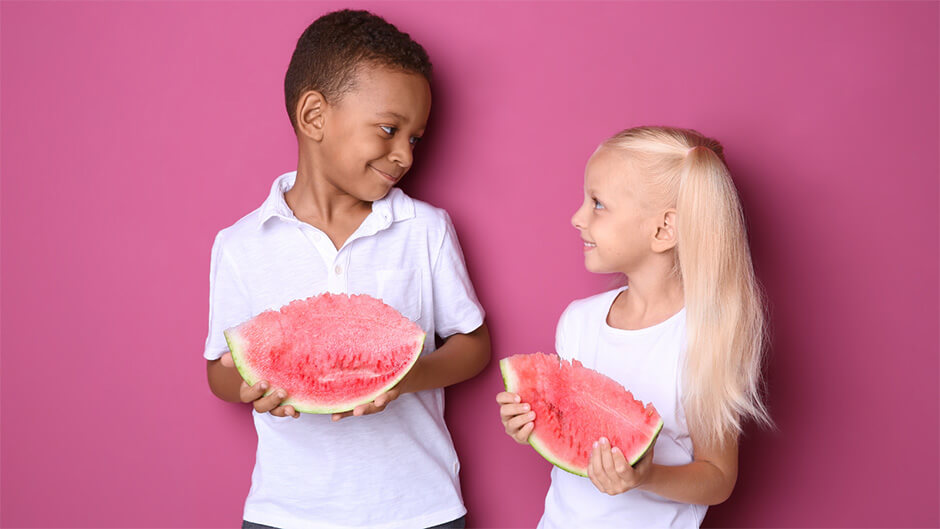Human beings are creatures of habit. Everything we do is influenced in part by what we have already gotten used to doing. This is why if you want to raise your child to have healthy eating habits and to enjoy plant-based diets, you need to lay the foundations from an early age.
The benefits of a plant-based diet cannot be overstated. Children who eat more fruits, vegetables, and whole grains will grow up to have fewer lifestyle diseases including diabetes, obesity, cancer, and heart disease. This also means that they will live longer than their counterparts who are raised on the stereotypic American diet.
In this way, a plant-based diet is responsible of a longer, healthier life. Plants are an excellent nutrition and are more than enough to cater to all your child’s needs across all the stages of childhood.
Age-by-age guide to plant-based diets
0 – 6 months
For infants, their mother’s breast milk is hands down the best source of nourishment. Because the baby eats what the mother eats, a breastfeeding mother who consumes only a plant-based diet places her child at an added advantage when it comes to the baby’s immunity and overall psychological well-being.
0.5 – 2 years
Doctors recommend exclusively breastfeeding for about 6 months before introducing solids. It is no secret that the best weaning foods are plant-based. Soft plants like mashed fruits, well-cooked veggies, and cooked cereals are great for your little one. You can also mix thing sup a bit by intermittently introducing a wider variety of fruits, legumes, vegetables, and grains.
2 – 11 years
As kids grow, they become more and more curious about the nature of the food that they eat. This is the perfect opportunity to show them where their food comes from and how to prepare it. School-aged children can visit farmers’ markets and gardens and start learning basic cooking skills.
12 years and up
By their teenage years, children who have been raised on plant-based diets have an easier time dealing with weight issues, acne, allergies, and gut problems. These issues are overwhelmingly common among meat-eaters.
Several studies have shown that vegetarian children develop more gradually and predictably than non-vegetarians. They grow slowly at first before catching up with their meat-eating peers in a smooth growth curve. This is actually the exact same curve that breast-fed babies exhibit when compared to bottle-fed babies. A slow, gradual growth is important during these, decreasing the risk of health issues later in life.
Compare this to the growth pattern of children who regularly consume meat: a 2000 Harvard study found that girls who consumed more animal proteins between the ages of 3 and 8 hit puberty much earlier than those who didn’t.
Final Thoughts
So, what is the most important take-away from all this? Well, first, plant-based diets are far superior to omnivorous diets. Children who consume plant-based diets develop slowly and steadily, which is very important when it comes to their overall health. There is one of the main reasons why most of the cases of heart disease, cancer, and diabetes today are from meat eaters. Instilling an appreciation for the benefits of plant-based diets in your child at an early age is one of the best gifts you can give them.








































